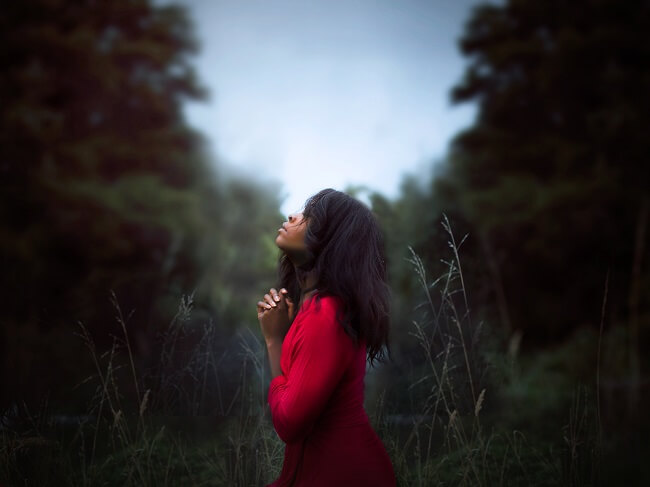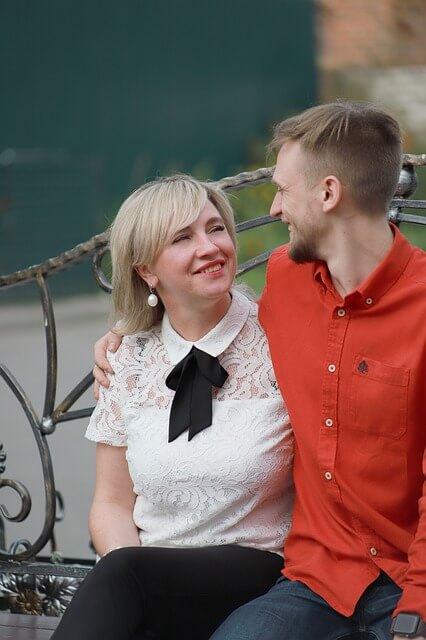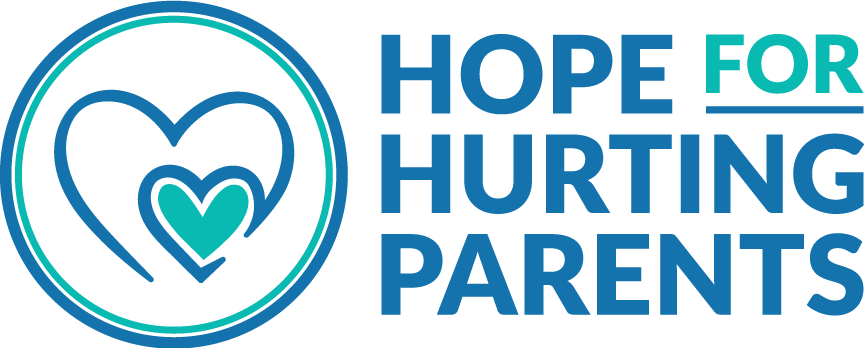
photo cred. Diana Simumpandi on unsplash
Many parents today find themselves with a child who is confused about their sexual identity. Homosexuality has hit home. Unprepared and unsure of how to respond these parents find themselves in a quandry. Judeo-Christians struggle even more. Some of their sons and daughters want to change their sexual identity (transgender) or declare they’re pan-sexual, among many other gender labels. Overall, this is a confusing topic full of emotion for everyone involved. Today’s blog is part 1 of an interview with a mom who wanted to share her journey to help others navigate these troubled waters with compassion and understanding, while guided by God’s Spirit.
Tell us a little of your story.
Our son J was always on the difficult side of life. Struggling socially all through elementary school, he had one best friend and was content with that, though he was bullied a lot by other kids. In middle school, he made a group of friends who enjoyed the same things he did, but they and their families were not Christians. They definitely had edgier lifestyles.
Though J had put his trust in Christ as a little boy, he didn’t remember doing that. He continued to be influenced more by his friends, eventually pulling away from the church and God. During this same time, J experienced same-sex attraction (SSA).
We found same-sex porn on the computer when he was in 6th grade and gently asked him about it. He told us he looked at it because we had told him looking at porn would ruin his marriage one day. We sought help from a ministry we thought could point us in the right direction and they told this behavior was normal, not to worry.
In high school, our son went on a mission trip, made some great friendships within our church, and began to go to Bible studies. Sadly, his mentoring relationship quickly became codependent. Then, when his Bible Study leader talked about the gay community, he commented saying, “Oh, those faggots.”
At that moment J told himself, “I’m done with Christians and God.” A year later he entered college and in his freshman year decided he no longer believed and came out as a gay man.
What do you wish you had done differently? What mistakes do you think you made?

photo cred. Stocksnap on Pixabay
We wish we had parented differently. We parented in a moralistic pattern: be good, stop sinning, do better. We look back now and wish we had understood and lived out the Spirit-filled life better.
Parenting in the power of the Holy Spirit, as opposed to in our flesh, could have made a much different outcome, especially in regards to his view of God.
We also wish we had known to ask more than one expert on SSA their opinion of what to do when we found the gay porn. I think we handled the situation well, with a lot of grace, but there may have been more we could have done.
What do you wish you had known sooner?
Again, living out the Spirit-filled life. I think I would have focused more on helping him navigate the spiritual part of his life better. Having him struggle with SSA was one thing I am not sure we could have avoided, but him rejecting God completely has been devastating.
What have you done to show love, yet not condone his lifestyle?
From the beginning we sought to engage in the process of hearing his story. The summer after he came out he lived with us and engaged in many hookups outside of our home. He was extremely promiscuous. One night he came home with hickeys and I angrily told him to grow up, that that was middle school behavior. Hurt and angry, he withdrew from us. A week or two later I noticed he was particularly withdrawn and sad. When I asked if he was ok he replied, “I don’t know what’s wrong with me that I am so unlovable.”
My heart broke for him. He was looking for love through the hookups but no one wanted a relationship, only sex. As I listened to him share I realized that kids who struggle with SSA have to hide everything they’re going through, thus the term, “in the closet.” School isn’t a safe place to let anyone know you’re attracted to the same-sex.
These poor kids do everything they can to keep their struggle hidden. Because they’re literally in the closet emotionally, they’re stunted. Once they “come out” it’s as though they still have to go through the middle school stage of crushes; how to handle the emotional and physical side of relationships (ie. hickies).
When I shared my observations with J, he came to life because he was understood

Photo cred. Andrej Podobedov on Pixabay
for the first time. He began to engage more, sharing his feelings with my husband and me. That was a huge win for our relationship.
We also welcomed his friends and cared for them. When he was in a relationship with another man, we invited them both to stay with us but in separate rooms. J was still in college and we told him if his siblings were in heterosexual relationships and not married, they too would stay in separate bedrooms. We also treated his boyfriend as one of our own, adding him to Christmas and birthday gifts the same as our other kid’s girlfriends.
What would you suggest someone do who has just learned of their child’s LGBTQ/gender fluidity?
-
Care for your child and listen well.
-
Don’t be more concerned with what the church or outsiders think, focus on your child’s heart instead.
-
Pray a lot for wisdom and find a support group or at least one other person who is a little bit ahead of you on the same journey. Reaching out to safe people was our saving grace.
-
Learn all you can. One friend shared the book Out of a Far Country by Christopher and Angela Yuan which literally saved my life. I was full of shame. I even asked the Lord to take my life. Hearing Christopher’s mom’s story breathed life and hope into me.
-
Another friend put us in touch with the ministry Prayer for Prodigals, shared a little of her story with her own prodigal, and reminded us to continue to love and pray for J. Yet another friend reminded us that J was still our son. They pointed us to what the Bible says in Romans 2:4 God’s kindness is intended to lead you to repentance.

Another good source for anyone personally struggling with SSA or who loves someone who identifies as LGBTQIA is Living Hope Ministries (www.livehope.org). The website has helpful articles, messages, podcasts and there is an online support forum as well as in-person or virtual support groups.
Marsha, thank you so much for sharing this additional resource for us. We will add it to our website. And by the way, please
educate me–what do the I and A stand for in the LGBTQ?
Gratefully, Dena